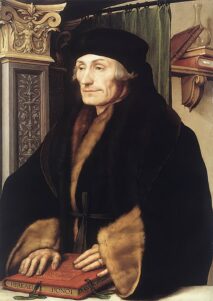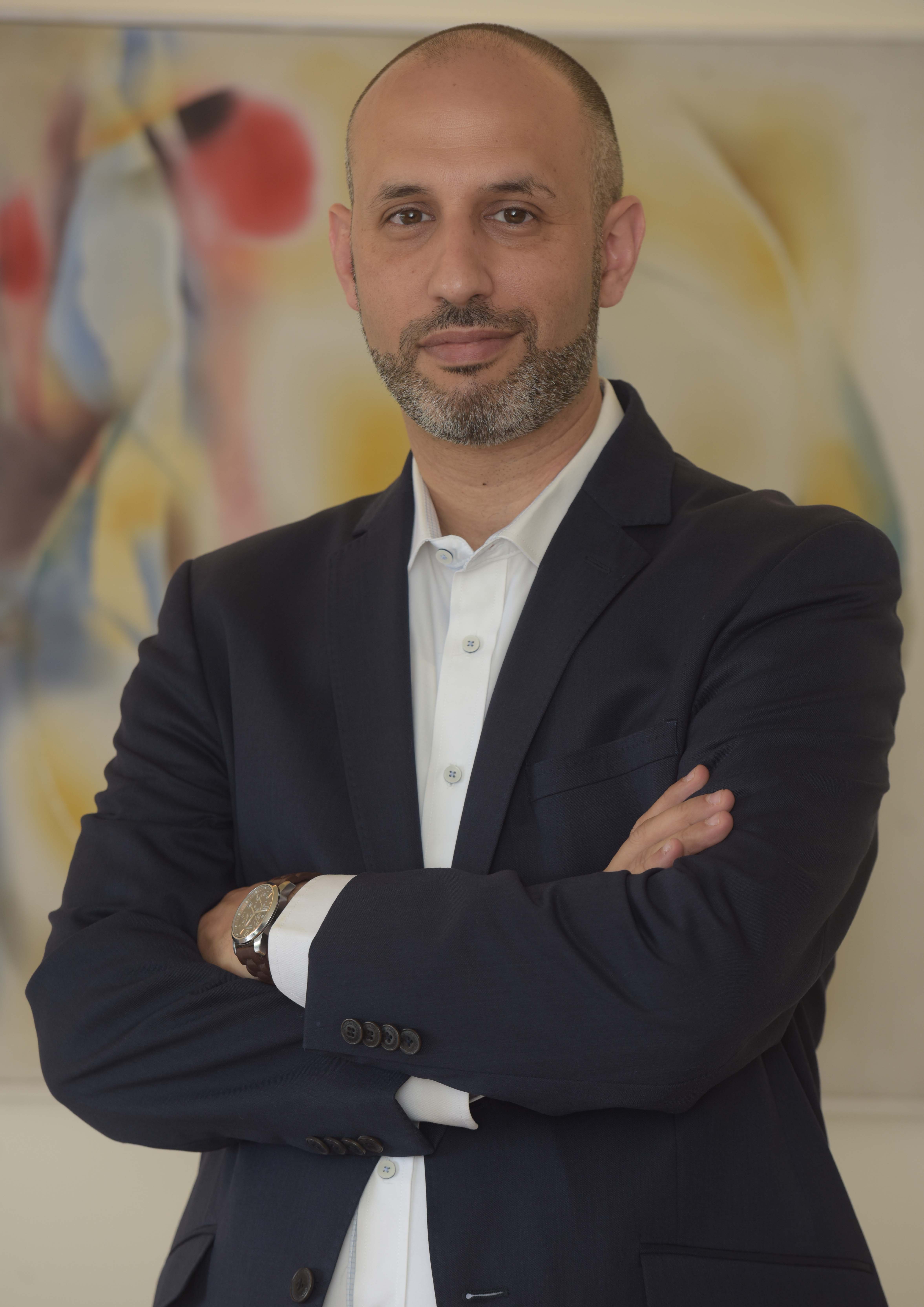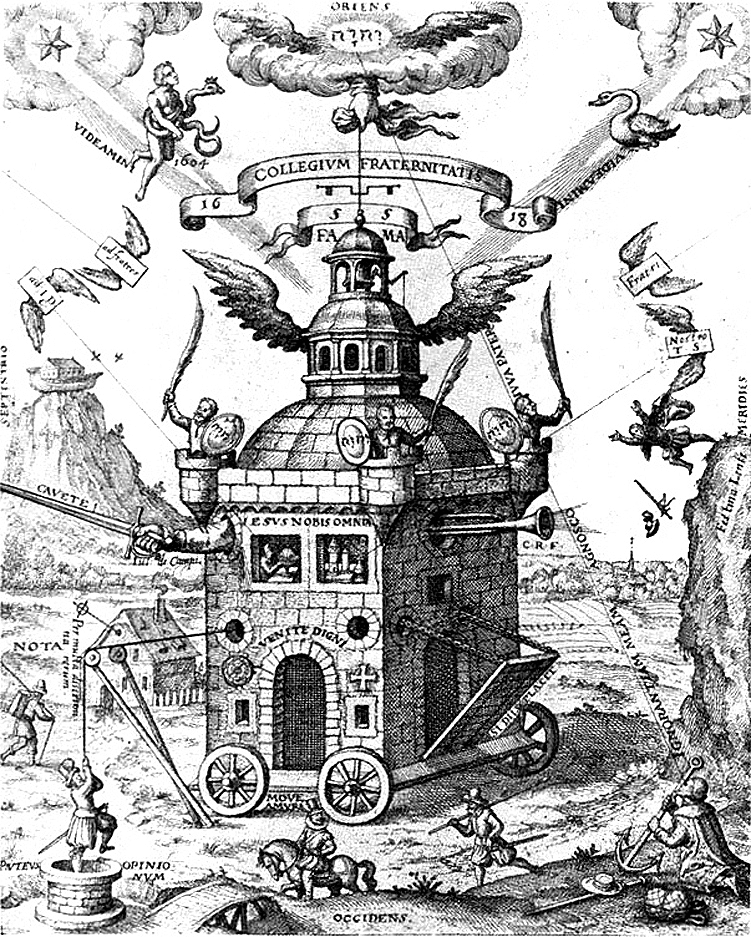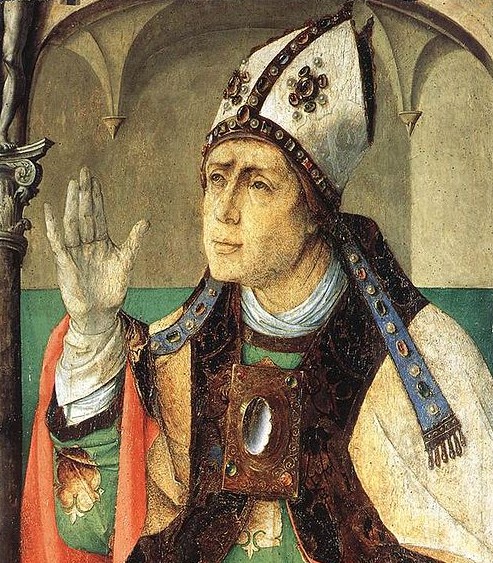In Praise of Folly and Other Teachings of Erasmus
Article By Istvan Orban
 “We live in times when to speak endangers the body, but to remain silent endangers the soul” – Erasmus of Rotterdam
“We live in times when to speak endangers the body, but to remain silent endangers the soul” – Erasmus of Rotterdam
Nowadays, Erasmus comes to our mind when we hear about the student exchange program of the European Union. The educational program was named after a Dutch Renaissance philosopher, Desiderius Erasmus, who was a great intellect and philosopher of his time, and who travelled across Europe to promote communication among intellectuals and the reformation of the Catholic Church.
Erasmus was born in Rotterdam in 1466. His father was a Catholic priest, his mother was the daughter of a doctor. His parents could not be married legally and died early from plague, when he was 17, but they provided their son with a good education. Erasmus only lived in Rotterdam for 4 years and, like his brother, he entered the Augustine monastery in Stein, where he devoted himself to a consecrated life as a canon regular. Later, he became a priest after being ordained in 1492. Not long afterwards, however, he asked to be released from his duties so that he could travel and study independently.
He went to Paris to learn and broaden his mind. Paris was a centre of Scholastic teachings at that time, but was also influenced by Renaissance humanism. He also visited England many times. During his first visit, he studied at Oxford University and attended the Bible lectures of the humanist John Colet. Thanks to this, he became interested in theology. On another visit, he stayed for a year in the house of Thomas More, the famous humanist, philosopher and statesman, writer of Utopia. The friendship of the two intellects lasted for over 30 years, and they disputed various topics, which had an impact on each other’s works. For instance, the Utopia that influenced many writers, including George Orwell, was encouraged by Erasmus.
He also spent a significant period of time in Italy, graduating as a Master and Doctor of Theology in Turin, and became a writer and philologist. He lived in Padua, where he studied ancient Greek, and in Venice, where he worked on his books. In Brabant, he lectured at the University of Leuven. In Mainz, he started to learn Hebrew. He also made regular visits to Basel to print his books. After spending some years again in England, at Queen’s College, he settled in Basel in 1521. Luther’s appearance resulted in social disturbances, iconoclasm, and peasant riots. In 1529, after an iconoclastic riot, Basel adopted the Reformation and banned Catholicism. For this reason, Erasmus left the city and went to Freiburg. But his health worsened, and after some years, he returned to Basel, where he died in 1536.
In many of his works, such as the The Education of the Christian Prince, Erasmus wrote about the importance of peace. He experienced as a child how war can destroy the life of the people. He said that Christian people and rulers should live like brothers and sisters, according to the teachings of Christ, and not like enemies. “War is sweet to those who have never tasted it” – he quotes from Pindar in his other book, the Adages, which is a collection of Latin proverbs and sayings. He disagreed with the usefulness of wars and questioned the just war theory. He wrote, citing Cicero: “A disadvantageous peace is better than a just war”. He also emphasized the importance of religious tolerance and ecumenism. Originally, he defended Luther and his followers against the charges of heresy. Later, he attacked some of his views because of the radical path he took to reform the Church.
Erasmus published the first edition of the corrected Latin and Greek New Testament. He used many sources as no single source was available. Many corrections were needed and a new, edited version was published three years later. This Testamentum was the one that was used by Luther, who translated the Bible into German. William Tyndale in England also used a later edition of Erasmus’s book when he was preparing the first English New Testament.
Erasmus used satirical language to demonstrate the decadence of the world and that of the Church. It can be seen in one of his most famous books, In Praise of Folly. The essay speaks in the name of a foolish person, who glorifies her own virtues. Erasmus’s Folly is a person happy in her ignorance, satisfied with herself. She says: “Wisdom makes men weak and apprehensive, and consequently you’ll generally find the wise associated with poverty, hunger, and the reek of smoke, living neglected, inglorious, and disliked. Fools, on the other hand, are rolling in money and are put in charge of affairs of state; they flourish, in short, in every way”. In reality, he uses the figure of Folly to reveal the dressed-up lies that are everywhere in society. His criticism is not negative, on the contrary, he is seeking the pure, simple Christianity that can be found in the Gospels, and which is the opposite of the Papacy and the Church: “Almost all Christians being wretchedly enslaved to blindness and ignorance, which the priests are so far from preventing or removing, that they blacken the darkness, and promote the delusion: wisely foreseeing that the people (like cows, which never give down their milk so well as when they are gently stroked), would part with less if they knew more.”
Erasmus was a scholar, not a revolutionary. He formulated philosophically the principles of Christian reform, but was unable to put them into action as Luther did. He tried to be neutral in the battle between the Catholic Church and the representatives of the Reformation, but criticized both sides. He disagreed with Luther regarding free will. Luther denied the independence of the human will, but Erasmus thought it is the tool that humans can use to reach salvation. According to him, all divine prescriptions, teachings and threats are pointless without the free will of the human being. Salvation is the work of the human being and it is helped by the grace of the divine.
Image Credits: By Web Gallery of Art: | Wikimedia Commons | CC BY PD
The entity posting this article assumes the responsibility that images used in this article have the requisite permissionsImage References
By Web Gallery of Art: | Wikimedia Commons | CC BY PD
Permissions required for the publishing of this article have been obtained




What do you think?